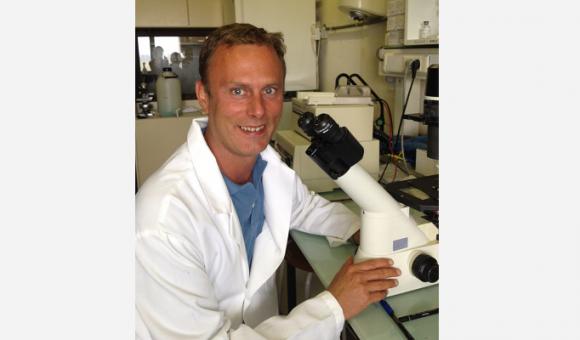
A team from the ULB (Free University of Brussels), headed by Professor Blanpain, has discovered how to stop the development of breast cancer at a very early stage.
The research conducted by Professor Blanpain’s team has made it possible to analyse the stages preceding the appearance of tumours: they have discovered that the PIK3CA oncogene (the gene that promotes the formation of a cancer) reactivates a programme of multipotent differentiation in adult stem cells that resembles the embryonic stage of the cell. The latter are then reprogrammed.
The ULB researchers have been able to identify molecular signatures that demonstrate those changes of cellular identity associated with the cell that causes breast cancer.
These essential discoveries will make it possible to improve understanding of the mechanisms of breast cancer. In fact, those cellular mutations induce tumours of different types, depending on the originating cell. Being able to identify these mutations – and therefore the cellular origin of the tumour – makes it possible to understand how cancer develops and hence, to adapt the treatments.
The team, which is publishing its results in the magazine Nature, hopes that this discovery could be used for women likely to suffer a recurrence or who present genetic predispositions.
The mechanism revealed by Professor Blanpain and his team intervenes very soon in the development of a cancer. The researchers hope to prove the possibility of blocking oncogene PIK3CA with medications already identified when it reactivates the multipotent differentiation programme in the stem cells.
The ideal, one day, would be to be able to detect this programming right from the first cell of the tumour, using a simple blood sample. For Cédric Blanpain, that could go very fast and it is possible to envisage this happening within five years.
By way of information: breast cancer affects one woman in seven. Even if it is cured in about 76% of cases, this discovery will therefore be essential for improving the detection and cure of this type of cancer.